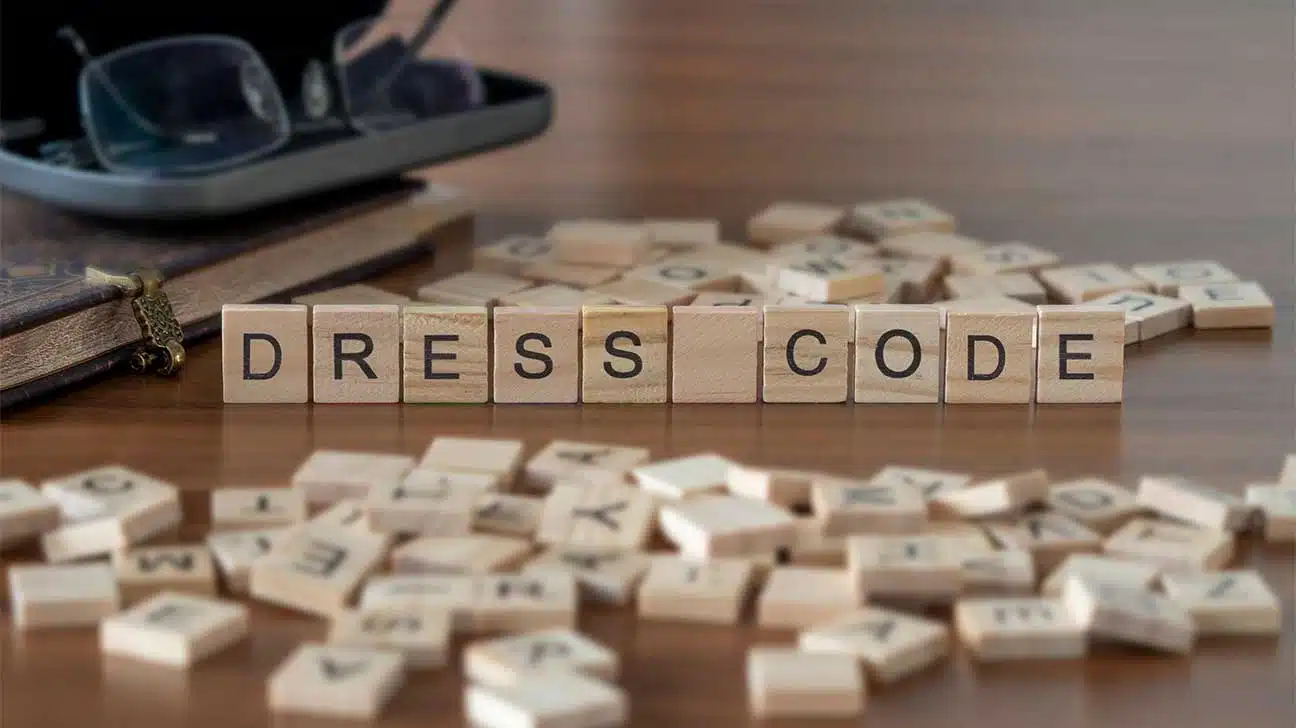
Addiction treatment centers do not usually have traditional dress codes in the way you might think about them, such as casual or work casual.
However, there are often clothing restrictions, such as not being able to wear graphic T-shirts or hoodies that feature drug or alcohol paraphernalia or are otherwise associated with substance use.
Rules will differ between treatment facilities. For example, some rehab centers prohibit clothing with drawstrings for safety measures, and others may not allow short skirts, low-cut tops, or tank tops to help prevent distractions.
Packing Checklist For Inpatient Treatment Centers
Receiving treatment for a substance use disorder (SUD) at an inpatient or residential treatment center means that you will be staying on the premises for the duration of the drug rehab program.
As such, you will want to ensure that you pack enough clothing and personal items to last you throughout your stay.
Comfortable Clothes
You may want to consider bringing clothing that is comfortable, practical, and easy-to-wash over more stylish options so that you can relax and be more at ease during your treatment program.
This may include pants and shirts that are made of soft materials, like linen and cotton, as well as T-shirts and sweatshirts for layering, pajamas, and at least one jacket.
Footwear
You may want to invest in a pair of flip-flops, sandals, slides, or another similar footwear item for taking showers in communal areas.
These options are also comfortable to wear during the evening when you are relaxing in your private area.
During the day, comfortable, supportive shoes such as tennis shoes or sneakers are perfect for a variety of activities, including outdoor breaks.
Active Wear
Speaking of activities, rehab facilities usually provide opportunities for exercise, such as hiking or sports.
For physical activities such as these, make sure that you have sneakers, sweatpants, appropriate-length gym shorts, and T-shirts.
Be sure to overpack on undergarments, too, since the laundry situation can vary from center to center.
One Nice Outfit For Special Occasions
Family members may want to visit and are sometimes even allowed to take their loved one out for lunch or dinner, with supervision, or may be invited to family night.
If this is the case, you may want to pack at least one slightly more formal outfit, such as khakis or a nice pair of jeans and a button-up shirt or blouse.
You can also plan on wearing this outfit for graduation once you complete your treatment program.
Other Essentials
Although we’re focusing on clothing items to bring, don’t forget to pack plenty of toiletries and other personal items you may need, such as reading materials or an alarm clock.
Toiletries to bring include:
- toothbrush
- toothpaste
- shampoo
- conditioner
- deodorant
- lotion
- alcohol-free mouthwash
- sunscreen
- feminine hygiene products, if required
Also be sure to bring contact information for loved ones, such as their phone numbers as cell phones are not always allowed at rehab centers.
You’ll also want to have your health insurance card and driver’s license on hand. The facility may hold any valuables you bring for safekeeping.
Being Comfortable During Addiction Treatment
Remember, emphasizing comfortable clothing is more important than taking up luggage space with stylish, fashionable clothes.
You want to be comfortable both while participating in treatment as well as when relaxing after the day is over.
Find A Drug And Alcohol Recovery Center Today
If you or a loved one is facing addiction, don’t hesitate to reach out for help. Contact AddictionResource.net today to discover available treatment options.
Addiction Resource aims to provide only the most current, accurate information in regards to addiction and addiction treatment, which means we only reference the most credible sources available.
These include peer-reviewed journals, government entities and academic institutions, and leaders in addiction healthcare and advocacy. Learn more about how we safeguard our content by viewing our editorial policy.
- National Institute on Drug Abuse (NIDA) — Treatment and Recovery
https://nida.nih.gov/publications/drugs-brains-behavior-science-addiction/treatment-recovery - Substance Abuse and Mental Health Services Administration (SAMHSA) — National Helpline
https://www.samhsa.gov/find-help/national-helpline


